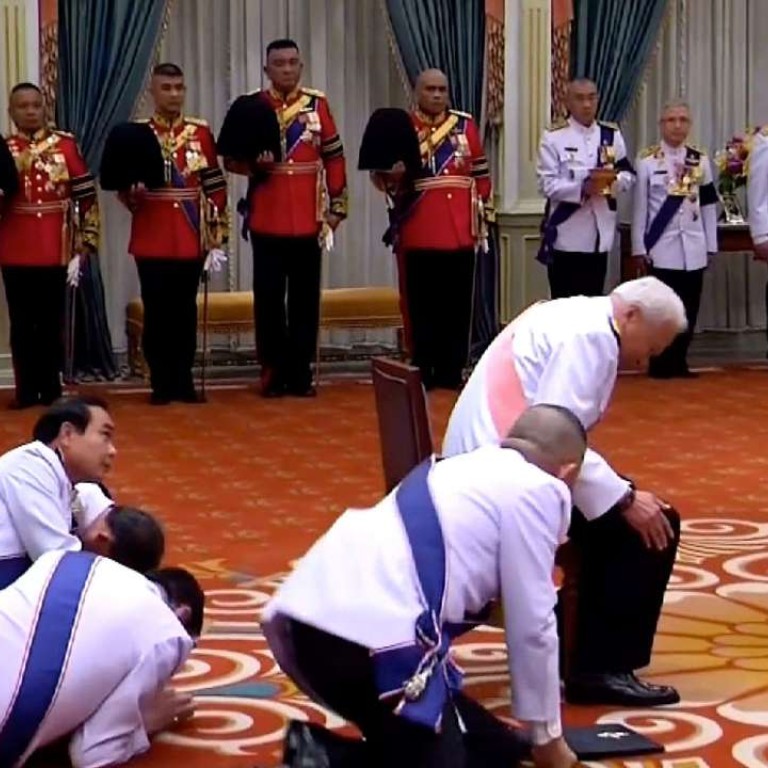
Thailand can now move ahead with a return to democracy
A smooth royal succession paves the way for promised elections next year
Uncertainty has been this year’s global catchphrase, with lacklustre economies, isolationist political figures and right-wing viewpoints dominating headlines. Thailand had further reason for doubt in October when its king of 70 years died after a long illness and no successor was immediately named. The military government dampened speculation of a royal power struggle by contending that Crown Prince Maha Vajiralongkorn would take the throne after an unspecified period of grieving. His proclamation as King Rama X, 49 days after the death of his father, Bhumibol Adulyadej, opens the way for the army’s leaders to move forward with promised political reforms.
Vajiralongkorn has yet to achieve the popularity of the late king, who was revered and adored. But Bhumibol took years to build and cement his reputation for ruling wisely.
The military, which took power from a popularly elected government in 2014, has imposed tight restrictions on free speech and protest and used such laws to keep a lid on opposition. Defending the monarchy has been the military’s justification for seizing and holding on to power. A new constitution pushed through last August will ensure its oversight of civilian governments. But junta leader and prime minister General Prayuth Chan-ocha has also pledged reforms to return democratic rule, starting with an election towards the end of next year. With a smooth royal succession, there can be no excuses.

